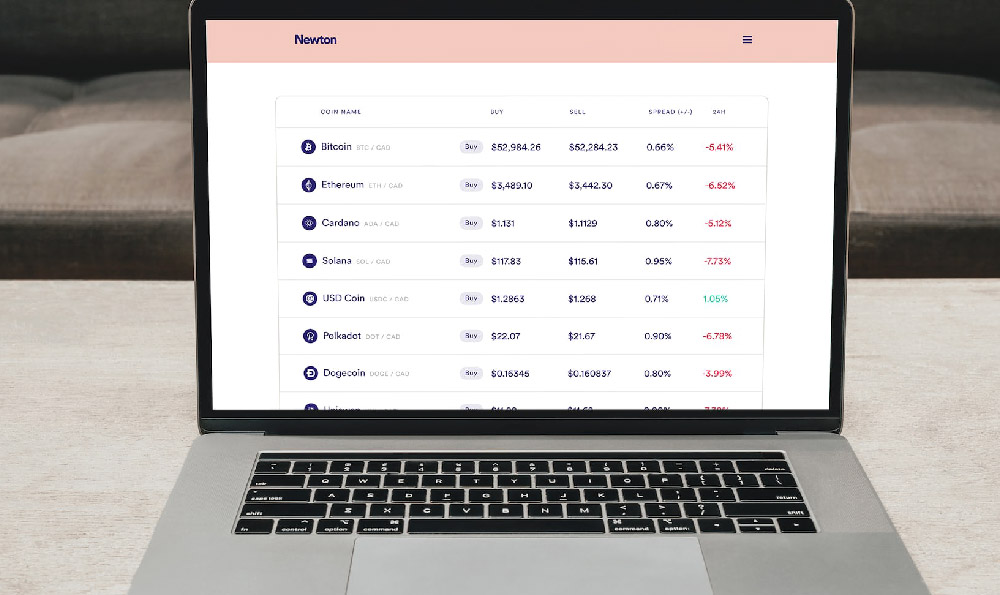Monetize Your Website: How to Earn Money Online

In the digital era, the internet has become a vast marketplace for opportunities, and monetizing your website is a feasible strategy to transform your online presence into a profitable asset. Whether you are a content creator, entrepreneur, or casual blogger, understanding the diverse methods of generating income through your website can unlock financial potential. This approach not only requires creativity and strategy but also a careful balance between ethical practices and practical implementation.
One of the most direct ways to monetize your website is by embedding advertisements. Platforms like Google AdSense, Facebook Ads, and native ad networks provide avenues to display relevant ads to your audience. To maximize effectiveness, focus on aligning ad content with your website's niche. High-quality, contextual ads tend to yield better click-through rates and user engagement. Additionally, monitoring performance metrics and adjusting ad placement or frequency can further enhance earnings. It's essential to maintain a seamless user experience, ensuring that ads do not disrupt the content, as this can harm your site's credibility and traffic.
Another lucrative path involves selling products or services directly. By integrating an e-commerce platform such as Etsy, Amazon, or Shopify, you can showcase and distribute goods to a global audience. When building your brand, prioritize creating value through unique offerings and quality assurance. Social media integration can amplify visibility, but always maintain a clear separation between promotional content and editorial material. Strategic pricing, effective marketing campaigns, and exceptional customer service are critical components of this model. Moreover, leveraging user reviews and testimonials can build trust and encourage repeat purchases.

Monetizing your website through subscription-based models is another approach worthy of exploration. Platforms like Patreon, Medium Membership, or custom membership systems allow users to pay for exclusive content or services. To succeed, identify a compelling reason for users to subscribe, such as in-depth tutorials, behind-the-scenes insights, or a curated community experience. Building a loyal audience requires consistent delivery of high-value content and fostering engagement through regular updates and interactive features. It's also crucial to transparently communicate the benefits of subscription to ensure user satisfaction and long-term retention.
Affiliate marketing offers a performance-driven method to earn income by promoting third-party products. Partnering with networks like Amazon Associates, ShareASale, or ClickBank provides access to a wide range of products across various industries. When selecting products, ensure they align with your audience's interests and your website's authority. Tracking conversion rates and analyzing user behavior can help optimize your strategy. Transparency with your audience about affiliate partnerships is vital, as it builds trust and avoids potential conflicts of interest. Success in this model depends on accurate product recommendations and a genuine connection with your audience.
Content monetization through digital media and knowledge sharing is an increasingly popular avenue. Diversifying your income streams by offering digital products, such as downloadable guides, templates, or online courses, can attract a wider audience. Platforms like Gumroad, Udemy, or Teachable facilitate the distribution of such content. Additionally, utilizing content syndication strategies, such as repurposing blog posts into podcasts or videos, can enhance reach and engagement. It's important to educate your audience on the value of your content to ensure sustained interest and support.
The digital marketplace also provides opportunities for data monetization, such as offering audience insights through surveys, analytics, or user feedback. Platforms like SurveyMonkey, Google Analytics, or third-party data aggregation services can help generate income by selling anonymized data or insights to businesses. However, ensuring user privacy and transparency is essential to maintain trust and comply with data protection regulations. This method requires careful handling of sensitive information and clear communication of data usage policies.
Lastly, exploring crowdfunding and investment opportunities can provide alternative ways to monetize your website. Platforms like Kickstarter, Indiegogo, or Patreon enable users to fund your projects or support your content in exchange for rewards or equity. For investment strategies, diversifying across stocks, bonds, or cryptocurrency can yield passive income. However, it's crucial to conduct thorough research and maintain a diversified portfolio to mitigate risks. Always educate your audience on the potential risks and rewards of these strategies to ensure informed participation.
Monetizing your website requires continuous learning and adaptation. Experimenting with various methods and monitoring their performance can help identify the most effective strategies for your specific audience and niche. Diversification across multiple revenue streams not only improves financial stability but also enhances user engagement and satisfaction. Staying informed about industry trends and technological advancements can provide a competitive edge. Ultimately, combining creativity, strategy, and ethical practices can help transform your website into a sustainable and profitable digital asset.















